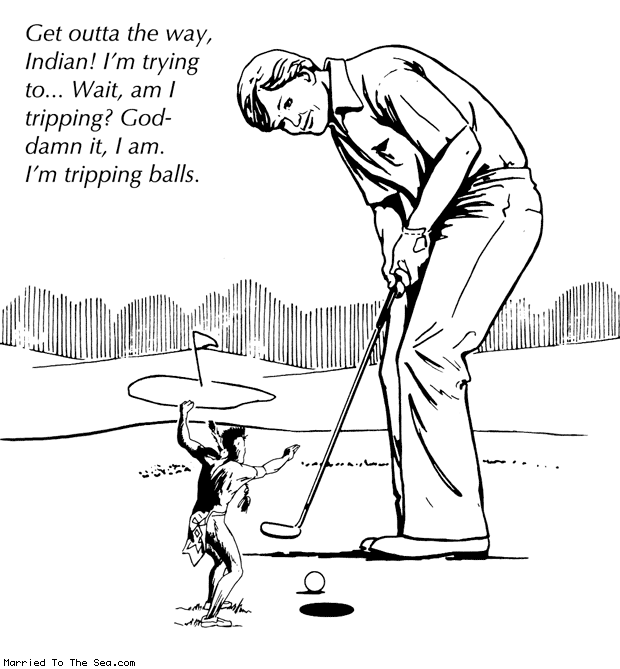IGNORED
Ball entering a hazard
Note: This thread is 4008 days old. We appreciate that you found this thread instead of starting a new one, but if you plan to post here please make sure it's still relevant. If not, please start a new topic. Thank you!
-
Topics Being Discussed Right Now on The Sand Trap
-
- 8,507 replies
- 389,171 views
-
"5 Minutes Daily" Practice Challenge 1 2 3 4 911
By iacas, in Instruction and Playing Tips
- 5 minutes daily
- dedication
- (and 6 more)
- 16,391 replies
- 1,139,109 views
-
- 19,614 replies
- 1,166,816 views
-
- 5,381 replies
- 623,427 views
-
- 3 replies
- 269 views
-








Recommended Posts
Create an account or sign in to comment
You need to be a member in order to leave a comment
Create an account
Sign up for a new account in our community. It's easy!
Register a new accountSign in
Already have an account? Sign in here.
Sign In Now